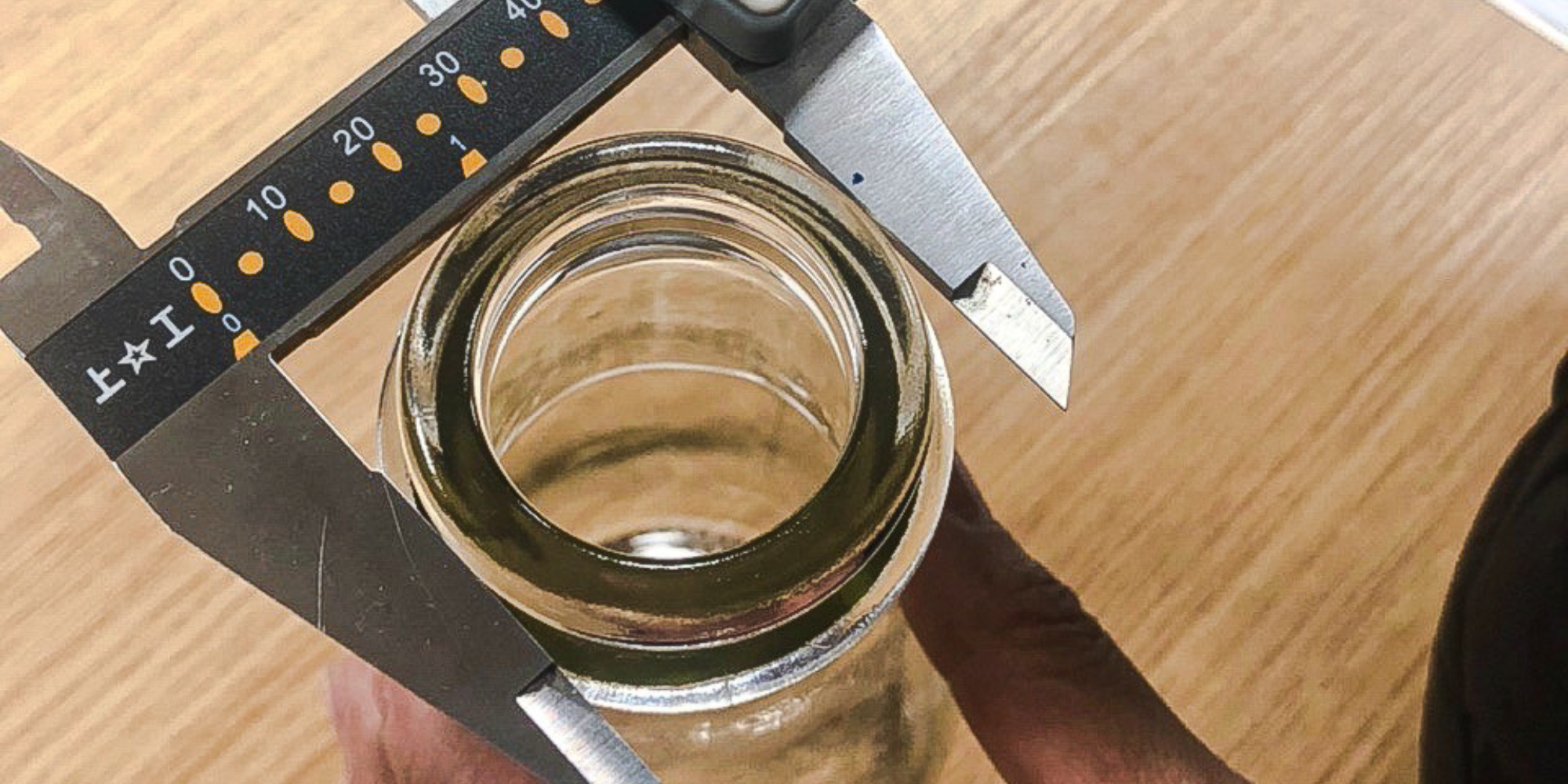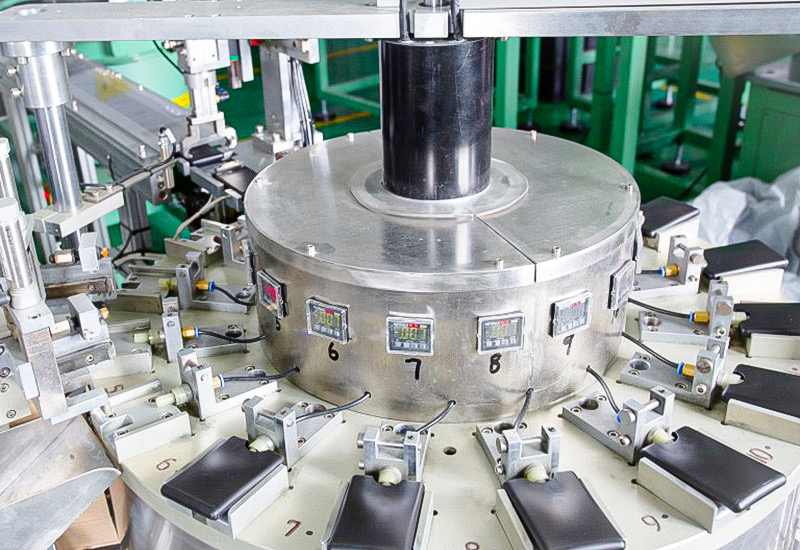Build Quality From The Beginning: Reduce Rework & Eliminate Quality Concerns
Quality is more than an end result; it’s established at the beginning of a project’s life cycle. All projects begin with specifications. These product specifications are the tour guide for your project’s journey, outlining precise manufacturing instructions and the product’s anticipated performance. In creating product specifications, it’s crucial to understand that these provide a significant purpose in the layout of your product’s manufacturing process. Specifications bring substantial value to your project by offering full transparency and clear guidelines as to your project’s intent. Avoid compromising the quality of your product by establishing quality procedures that are accurate to each particular product and tightly examined throughout the entire process.

November 3, 2022
In being clear and concise, specifications allow customers to see their product’s process before it actually happens. Today, specifications are included early in the manufacturing process (typically during the product development stage) to invite customers and suppliers an opportunity to create, review, and approve the process and product before mass quantities are produced. Reviewing this information before production may not eliminate all reworks and quality inefficiencies, but it minimizes them.
![]()

So what happens when a product doesn’t meet its specifications?
Not All Projects Are Perfect
While we all hope that every product is produced in the most efficient way possible, there are situations where products need to be reworked and reproduced. Unfortunately, these reworks take a lot of time, material, and effort, which can be costly, depending on how long these reworks last.
If your quality team is proactive, incorporating product control procedures (PCP) is a system designed to identify potential project risks at the beginning and establish a product checklist that must be satisfied before moving on to the next production phase. PCPs allow suppliers and customers to proactively address areas of non-conformance before they even happen (if your PCP is set up and specifications are met, you may proceed into manufacturing without any potential risks).

Reducing Rework Brings Value
Repairs and reworks increase operational costs and unnecessarily increase lead time and labor. It’s essential to optimize your manufacturing processes and monitor your suppliers closely. In enhancing your supplier’s operating procedures, you’re ensuring that your supplier is operating efficiently and under complete visibility, lessening quality concerns and providing opportunities to address issues promptly rather than trying to resolve them when it’s too late.

How Does HBI Respond to Rework and Quality Concerns?
We will decipher the steps necessary to resolve the quality concern depending on where the project is in its production journey.
Whether your product is in the pre-production stage, first article inspection, or pre-shipment inspection, our team works to identify any potential quality concerns immediately. Our HBI team works closely with suppliers and customers to ensure your product meets its acceptable quality limit (AQL) before shipment. HB International’s robust quality procedures conduct thorough pre-shipment inspections to prevent the shipping of products that could potentially raise quality concerns.
We know that quality issues are expensive. HBI’s team works alongside our suppliers to implement preventative procedures to build quality from a project’s initial conception.
Let’s get connected and start a project together!





